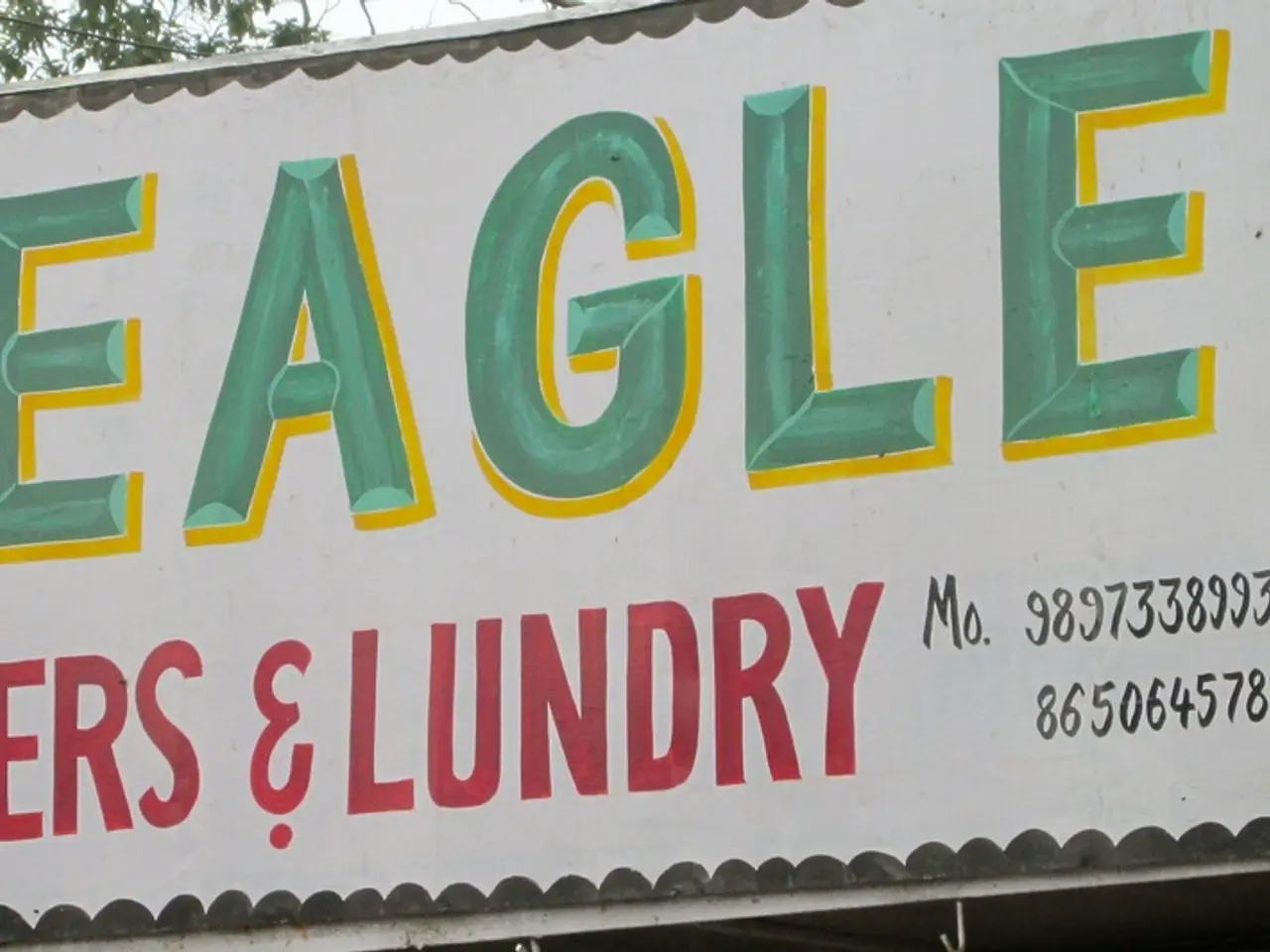"Don Felder, discussing the creation of The Eagles' 'The Long Run' album, echoed Glenn Frey's sentiments that, much like 'Hotel California', they effectively cultivated a beast that ultimately devoured them."
In the summer of 1979, the Eagles released their sixth studio album, "The Long Run." This album, following their landmark 1976 album "Hotel California," was a challenging and lengthy production due to several factors.
The immense pressure to follow up the highly successful "Hotel California" created a tense environment. The band members were under a lot of stress to deliver another hit, which amplified existing interpersonal issues. During the making of "The Long Run," tensions within the band reached a peak, with the relationship between Glenn Frey and Don Felder, in particular, becoming increasingly strained. This tension was later highlighted by a public altercation between the two during a benefit concert in 1980, which symbolized the deep personal rifts within the band.
The band was also dealing with creative differences and the process of experimenting with various musical styles and arrangements. Don Felder wrote the music for the song "Those Shoes," featuring dueling talk boxes with Joe Walsh, and "The Disco Strangler," on which Don Henley wrote the lyrics. However, Felder's solo song "Heavy Metal" originated from "The Long Run" sessions but did not end up on the album due to time constraints.
Recording in five different studios could have been a logistical strategy to find the right settings and sounds for each song. This approach allowed them to explore different acoustics and recording setups, which might have been necessary due to the eclectic nature of the album. The recording process for "The Long Run" was draining, taking 18 months to complete.
Don Felder, one of the classic Eagles lineup's trio of guitarists, remembers the period of creating "The Long Run" as a difficult time. Yet, he looks back on it fondly, appreciating the high quality of the music and the writing. According to Felder, "The Long Run" was a snapshot of a band on the brink of self-destruction.
The album "The Long Run" features themes of darkness, as seen in songs like "The Disco Stranger" and "I Can't Tell You Why." Despite the difficulties during the recording process, Felder felt good about "The Long Run" the first time he listened back to it.
Bernie Leadon, a former member of the Eagles, had advised the band to take a break during the recording of "The Long Run," but his advice was not heeded. Leadon believed that a break would have been beneficial for the band, as it became increasingly difficult to be happy, write great songs, and have fun while continuing at the same pace.
"The Long Run" is out now via Elektra. The Eagles started the sessions for "The Long Run" without many song ideas, despite the sheer strength of their previous album. The album's themes of darkness reflect the challenges they faced during its production.
[Subscribe and save to read more about the making of "The Long Run" and other music-related articles.]
- Don Felder, one of the Eagles' guitarists, recounts the creation of their album "The Long Run" as a challenging time, yet he is fond of the high-quality music and writing that came out of it.
- The Eagles' album "The Long Run," released in the summer of 1979, features themes of darkness, as seen in songs like "The Disco Stranger" and "I Can't Tell You Why."
- The guitarists in the Eagles' lineup, including Felder, faced significant tension during the making of "The Long Run," with the relationship between him and Glenn Frey becoming particularly strained.
- During the recording of "The Long Run," the band experimented with various musical styles and arrangements, which required them to work in five different studios to find the right settings and sounds.
- Despite Bernie Leadon's advice to take a break during the recording of "The Long Run," the Eagles continued at their pace, and the difficulties faced during its production are reflected in the album's dark themes.





